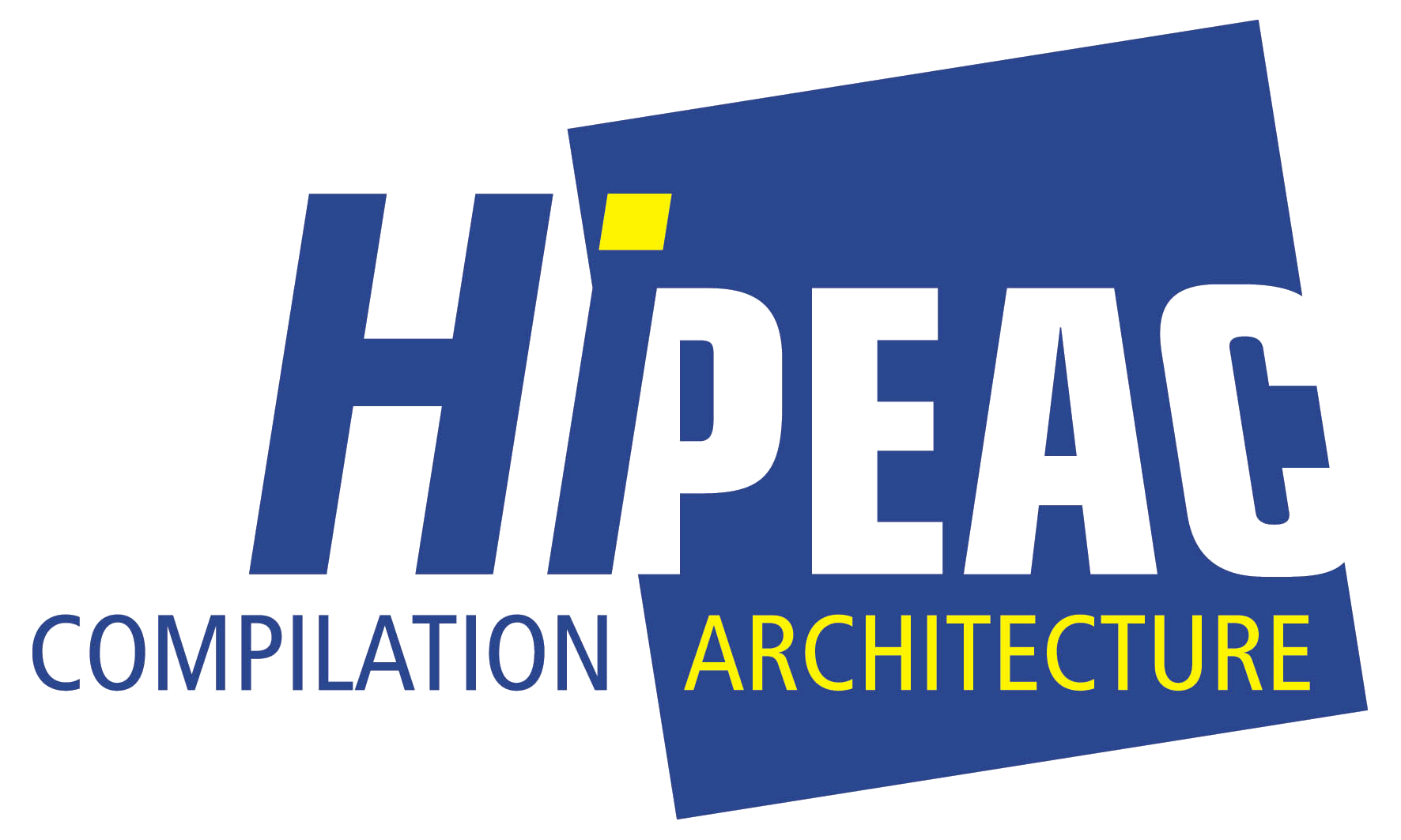General chair:
Program Co-Chair:
Program Co-Chair:
Publicity Chair:
Publication Chair:
Submission Chair:
Web Chair:
Steering Commitee:
- Giovanni Agosta, POLIMI, IT
- João M.P. Cardoso, UPorto, PT
- William Fornanciari, POLIMI, IT
- Michael Hübner, Brandenburg UT, DE
- Cristina Silvano, POLIMI, IT
- Dimitrios Soudris, NTUA, GR
Program Committee
- Giovanni Ansaloni, Università della Svizzera Italiana, CH
- Jeronimo Castrillon, TU Dresden, DE
- Alessandro Cilardo, University of Naples Federico II, IT
- Biagio Cosenza, University of Salerno, IT
- Andrés Goens, TU Dresden, DE
- Kees Goossens, Eindhoven University of Technology, NL
- Thierry Goubier, CEA, FR
- Kim Gruettner, OFFIS, DE
- Frank K. Gürkaynak, Microelectronic Design Center - ETH Zürich, CH
- Carles Hernandez Luz, Universitat Politècnica de València, ES
- Karthick Parashar, Imperial College, UK
- Luigi Pomante, University of L'Aquila, IT
- Mario Porrmann, Osnabrueck University, DE
- Marco Procaccini, University of Siena, IT
- Benjamin Rouxel, University of Amsterdam, NL
- Sander Stuijk, Eindhoven University of Technology, NL
- Leonel Sousa, Universidade de Lisboa, PT
- Massimo Torquati, University of Pisa, IT
- Eugenio Villar, University of Cantabria, ES
- Sotirios Xydis, National Technical University of Athens, GR
- Vittorio Zaccaria, Politecnico di Milano, IT
- Marina Zapater, Ecole Polytechnique Fédérale de Lausanne, CH
Budapest, HU, 19/01/2021
Co-located with HiPEAC
COVID-19 notice
This workshop will follow the HiPEAC online presentation format. We are committed to pursue safety of our presenters and attendees at all time.
Scope of the Workshop
The current trend towards many-core and the emerging accelerator-based architecture requires a global rethinking of software and hardware design. The PARMA-DITAM workshop focuses on many-core architectures, parallel programming models, design space exploration, tools and run-time management techniques to exploit the features of such (heterogeneous) many-core processor architectures from embeddded to high performance computing platforms.
The PARMA-DITAM workshop will have six main topics:
- T1: Parallel programming models and languages, compilers and virtualization techniques
- T2: Runtime adaptivity, runtime management, power management and memory management
- T3: Heterogeneous and reconfigurable many-core architectures and design space exploration
- T4: Design tools and methodologies for many-core architectures
- T5: Parallel applications for many-core platforms
- T6: Architectures and compiler techniques to accelerate deep neural networks
Important Dates:
- Paper submission:
-
13/11/2020 - 11:59 PM (UTC): Paper Submission Deadline - 02/12/2020 - 11:59 PM (UTC): NEW EXTENDED Paper Submission Deadline
-
19/12/2020: Acceptance Notification - 28/12/2020: (EXTENDED deadline) Acceptance Notification
-
21/12/2020: Camera ready version of accepted papers for workshop proceedings - 07/01/2021: (EXTENDED deadline) Camera ready version of accepted papers for workshop proceedings
Information for Authors:
Paper submission: Papers should be submitted electronically through the workshop website. Electronic paper submission requires a full paper, up to 10 pages single column, excluding references. See Camera Ready Submission Guidelines for additional details. Papers should be submitted in PDF format. The review process will be double-blind. Please use this template when preparing your manuscript. Accepted papers will be provided a DOI, and published online in the Dagstuhl OASIcs OpenAccess Series in Informatics.
Camera Ready preparation instructions:
The camera ready version of the accepted papers
should be submitted up to
21/12/2020
07/01/2021
and be prepared according to the guidelines summarized
in the following link:
Camera Ready Submission Guidelines.
Paper presentation: At least one author per accepted paper should present their work during the workshop. We invite authors of accepted papers to prepare presentations with slides. Each paper presentation is scheduled to last at most 15 minutes. Time slot includes: 10 min oral presentation + 3 min Q&A + 2 min technical setup & speaker introduction by Session chair. Presenters should provide a short (no more than 3 lines) biography introduction to be handed to the Session chair at the beginning of the Session. We additionally encourage presenters to prepare a PDF version of their slide to be uploaded on the workshop website.
